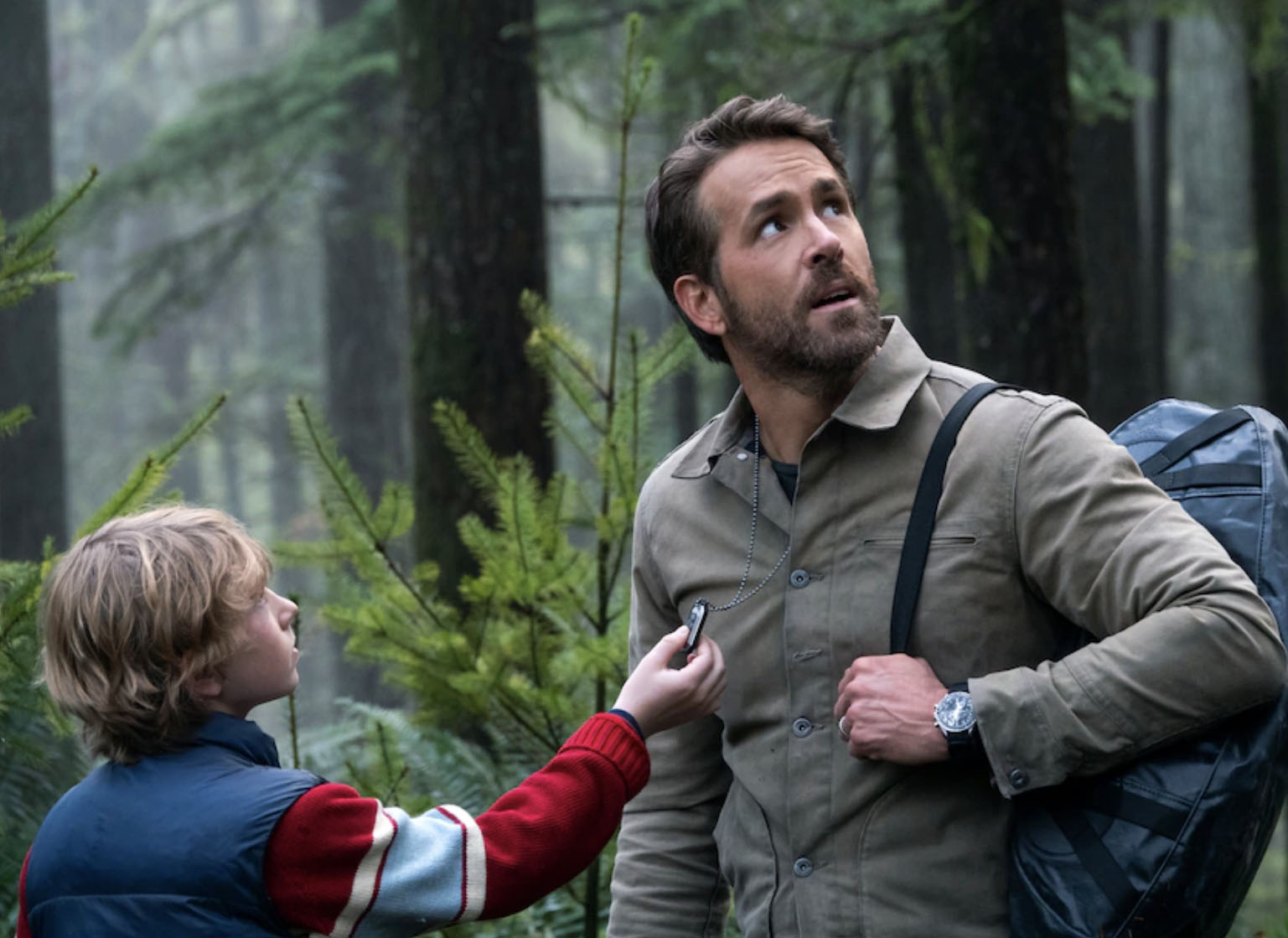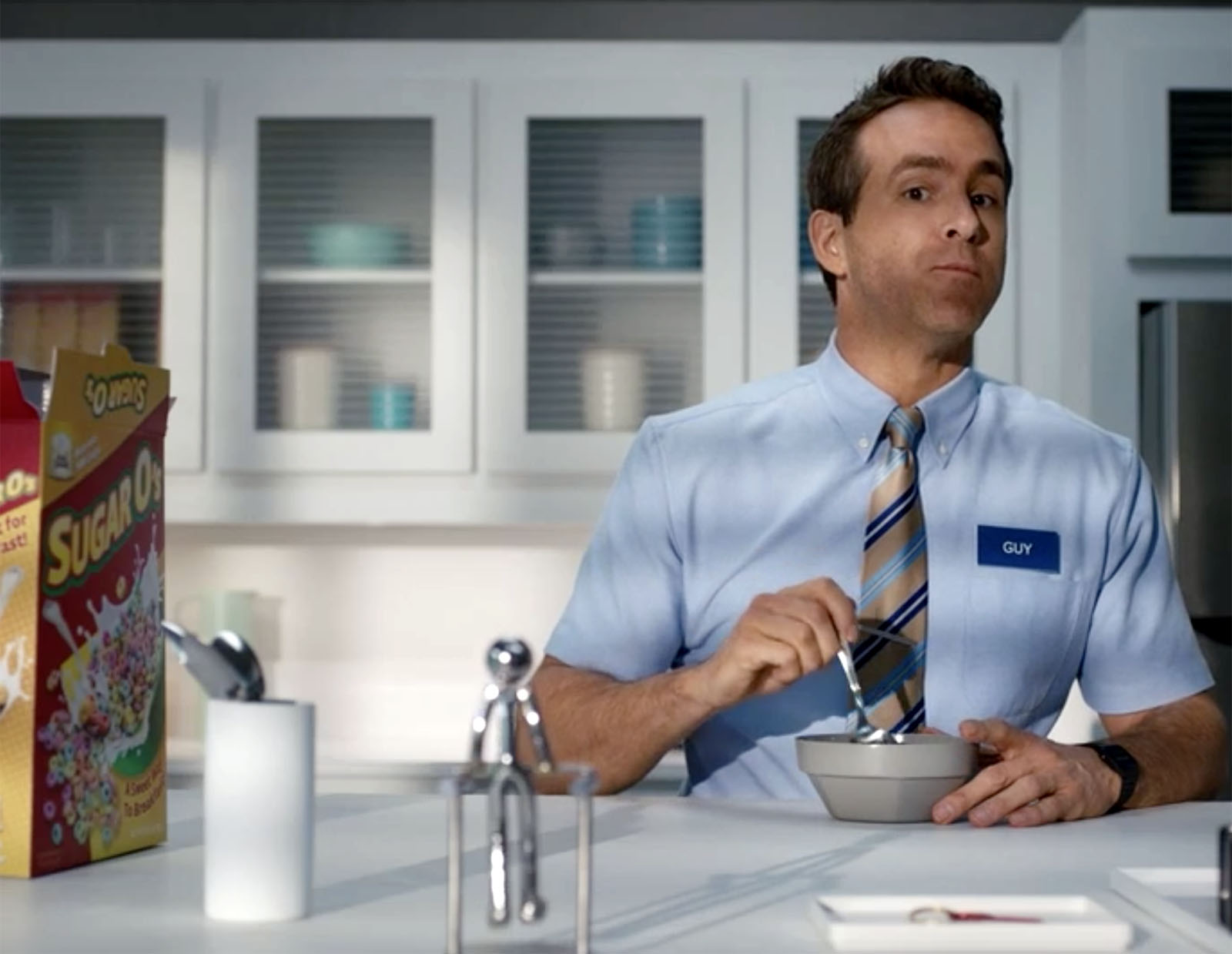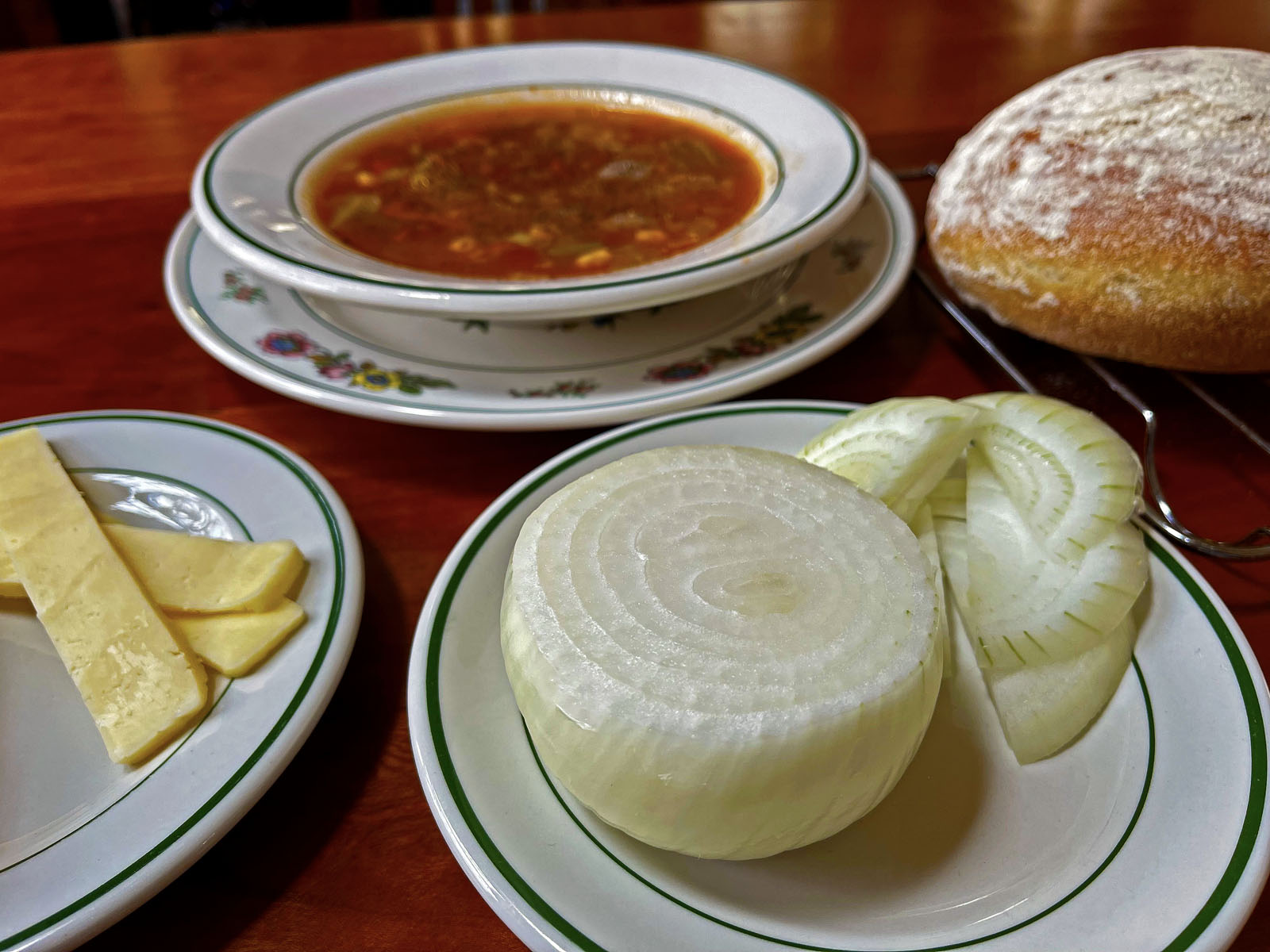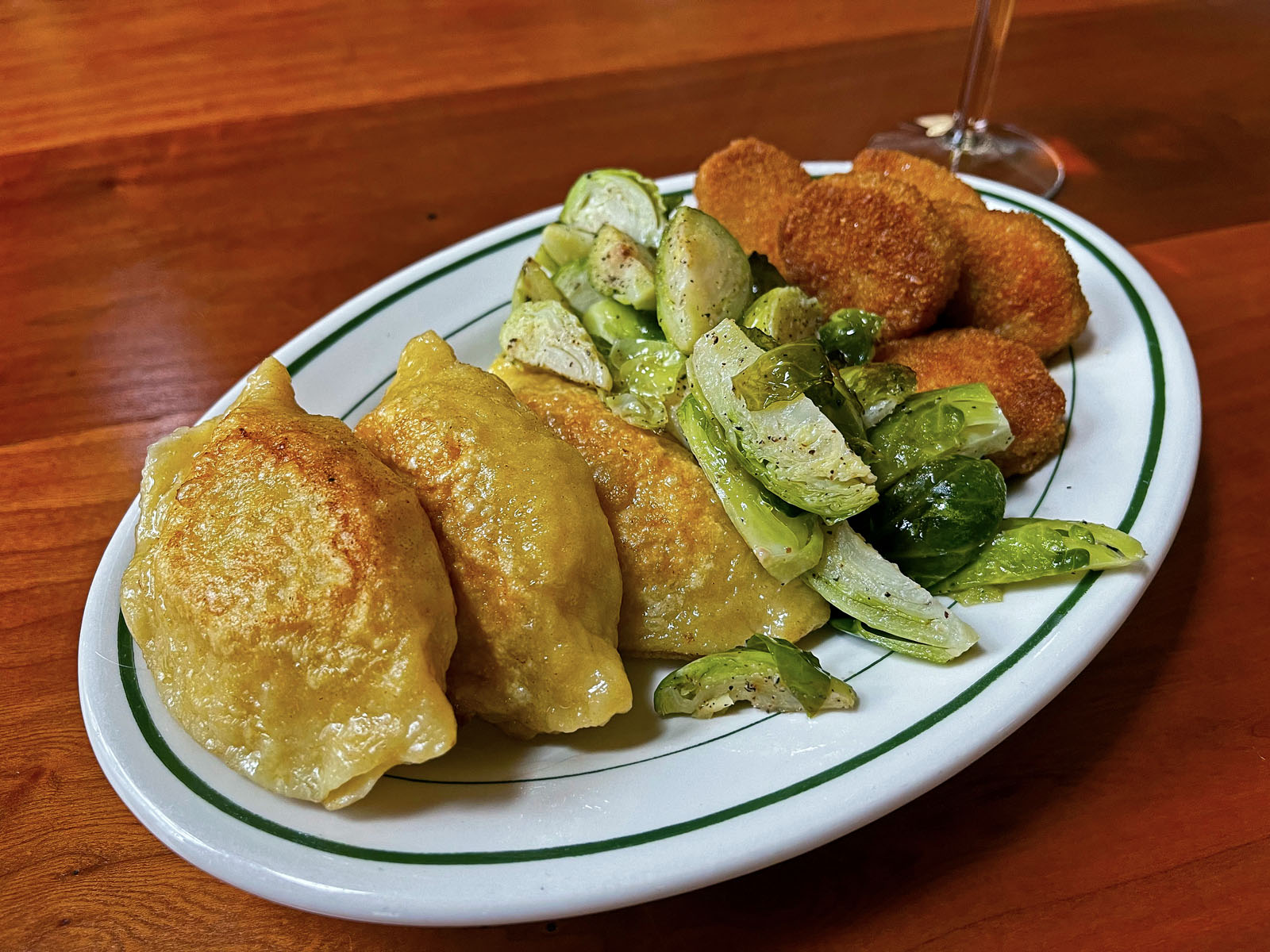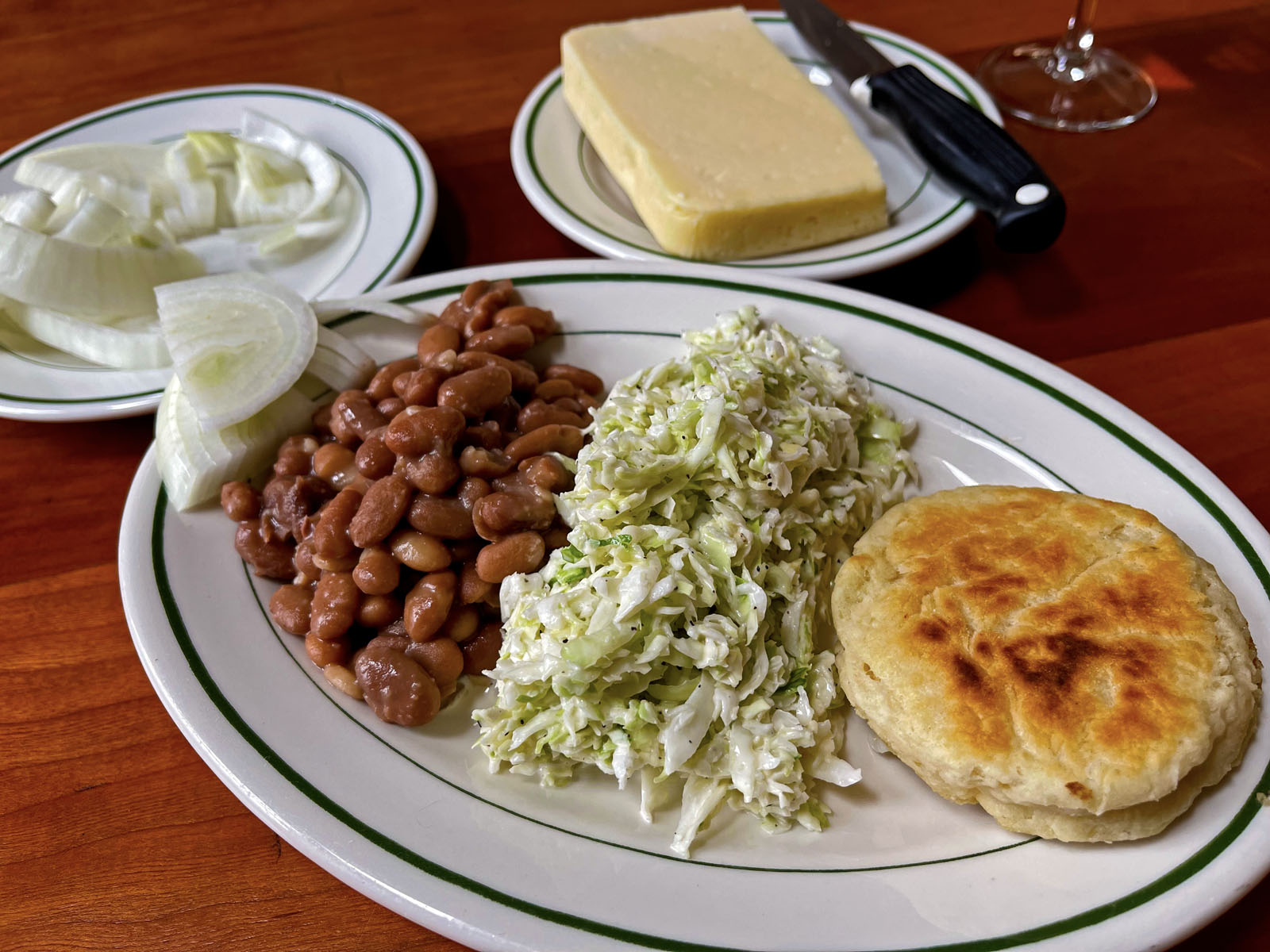
The 1935 Mercedes-Benz 770 that belonged to Emperor Hirohito. Source: Wikimedia Commons.
Here we are once again in that most familiar of geopolitical pickles. The advocates of progress and democracy still have the oil leash tight around their necks, jerking them around and holding them back. The other end of the leash is held by oligarchs, despots, and the greediest and most powerful corporations in the world. We could have freed ourselves by now, but we haven’t. We like our oil too much.
I must hasten to confess how much fun it has been to have lived during the Oil Age. Cars! Labor-saving machines! World travel for the middle class! McMansions, heated and cooled! Lots of food! Lots of stuff! It has been a wonderful lifelong party, with oil in the punchbowl. The industrialization made possible by coal certainly changed the world, but it has been oil, more than any other thing, that has shaped the world we live in now and that made possible a precarious global population of 7.75 billion. The price of punch fluctuates, but the bowl is always full, at least in the rich countries. Back in the 1970s when they told us that we were running out of oil, they were wrong, and they probably were lying.
President Jimmy Carter learned what happens to governments that try to wean people off of oil. It’s the only sensible government policy, but people won’t go along with it. Today, as many people see it, one of the chief responsibilities of government is to keep the cheap oil flowing. Republicans, and all the other servants of oligarchs, despots, and greed, are happy to oblige. It’s clear that we’ll never be weaned off of oil until we can keep the party going on some other punch — renewables, we hope.
Normally I stay home and mind my own business. But the computer went haywire in my four-year-old Fiat 500. That took me first to a garage about seven miles from home for a new battery, which I hoped would fix the problem. It didn’t, so I had to take the Fiat to the dealership in Winston-Salem, 25 miles away. (The problem was diagnosed as a bad wheel speed sensor at the left front wheel.) Everywhere I went, people were complaining about the price of gasoline. At the Fiat-Chrysler dealer, there was not a single Fiat on the lot. Americans (unlike Europeans) hate little Fiats, and most models of Fiat are not even sold in the U.S. anymore. Instead, the dealer’s lot was acres of enormous and heavy vehicles — big trucks and SUVs. That’s what most Americans drive these days. The assumption, clearly, is that the cheap gas will keep flowing. Many people, obviously, can afford gasoline (though they still complain about the price of it). Many poor people, on the other hand, spend nearly 20 percent of their income just on gasoline. Oil is one of the key reasons for the sorry state of our politics. Given a choice between progress and cheap gas, cheap gas will get most people’s vote.
Americans, per capita, use at least five time more oil per capita than the people of China or India. That is a geopolitical weakness for America. And just look at the problems that Germany is having at present because of its need for Russian gas.
This is not going to be a feckless lecture on driving smaller cars and using less gasoline. What we do as individuals is a drop in the bucket, which is part of why we feel so powerless. What matters globally is what the advocates of progress and democracy are politically empowered to do, which will require a loosening of the oil leash. As for our love for cars and our dependency on them, electric vehicles and renewable energy may bring new political possibilities by freeing us from the oil leash. That’s a benefit above and beyond the necessity of just going easier on the earth. Just think how our politics could change if oil no longer mattered.
I wonder, though, whether I will ever be able to buy an electric vehicle as efficient and affordable as my little Fiat. I don’t have the slightest need for a hulking 3-ton electric truck or SUV, but it’s likely that that’s what most Americans are going to want. There’s still something very crazy about that.
Update: Slate has posted a good article about this: “Are Gas Prices Too High? Or Is Your Car Too Big?: When it comes to oil shocks, we have the memory of goldfish.”


